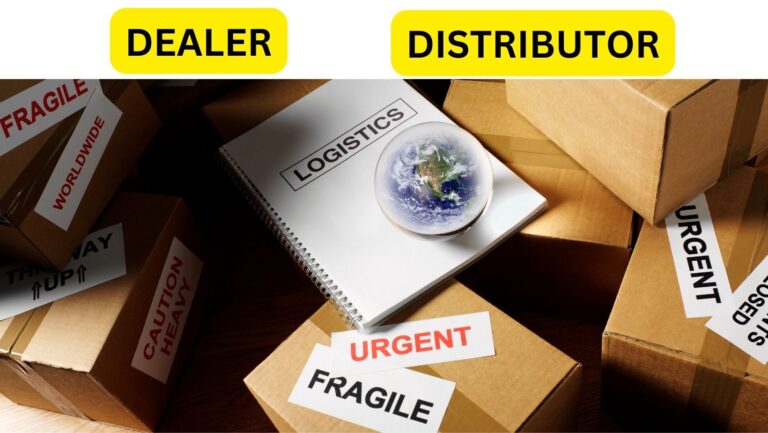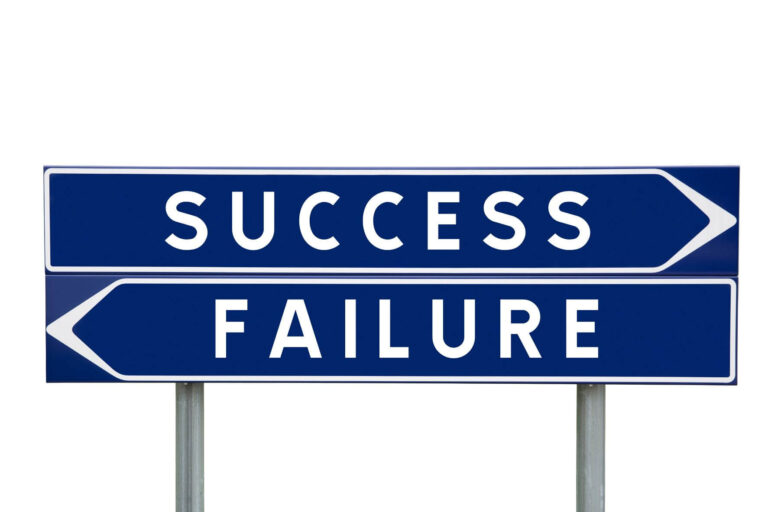
A trade is a line of labor that typically involves manual or artisan procedures but doesn’t call for formal education. A profession is a line of practice involving specific academic education. The level of education needed for each is what distinguishes trade from profession.
Difference between Trade and Profession
What is a trade?
A trade is a category of activity that involves performing manual labour that calls for specialised knowledge.
Office is derived from the Roman word officium, which means “service,” and opifex (craftsman).
A trade often involves learning by doing, therefore formal education is not typically necessary, however it may involve some training.
Trades that are passed down from parent to child or taught to a practitioner or intern as an example.
When a person becomes highly skilled in a particular trade, they are frequently referred to as master craftsmen.
It is a recognition of the amount of ability the person has attained throughout their career even though it is not a recognised title.
Some examples of trades include shoemaker, carpenter, baker, barista, pastry chef, seamstress, mechanic, jeweller, watch repairman, etc.
Although trades are now somewhat formally taught at technical schools, they were traditionally learned through practical training and unstructured instruction.
Similarly to this, some people with considerable academic training decide to work in a trade despite being highly equipped for it for personal or professional reasons.
What is a Profession?
It is a profession that requires formal education in a certain discipline in order to be done.
A profession is a career or occupation, and the term comes from the Latin professo.
The majority of the time, a college degree is required to pursue a career whereas a high school diploma is a requirement.
A university degree can often be obtained in 4 to 6 years, depending on the field of study and the study plan adopted by each university or country.
Yet, there are a number of exceptions, such as organisations that provide professional training even if they are not colleges, such as those that focus on graphic design, programming, or film, to name a few.
Doctors, lawyers, administrators, and accountants are some of the conventional occupations with the highest demand. For its part, the technology boom creates a need for new or obscure vocations, such as application developers or prominent data analysts.
Some trades occasionally fall within the category of professions. This is true of pastry, a gastronomic vocation that does not require formal education but can be pursued by people who choose to become professionals.





